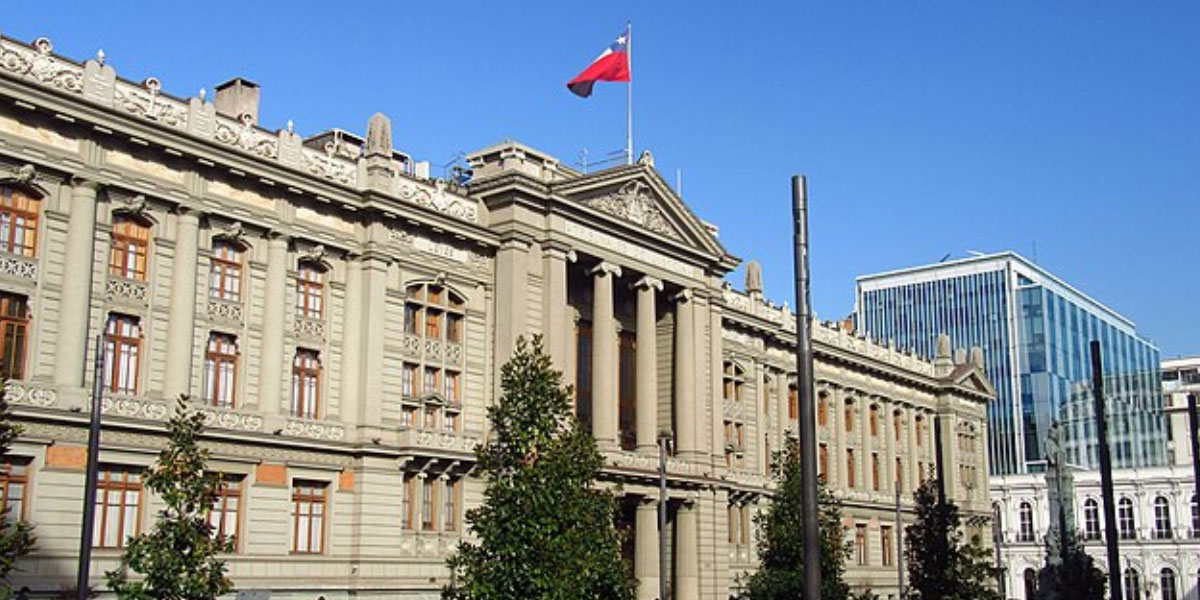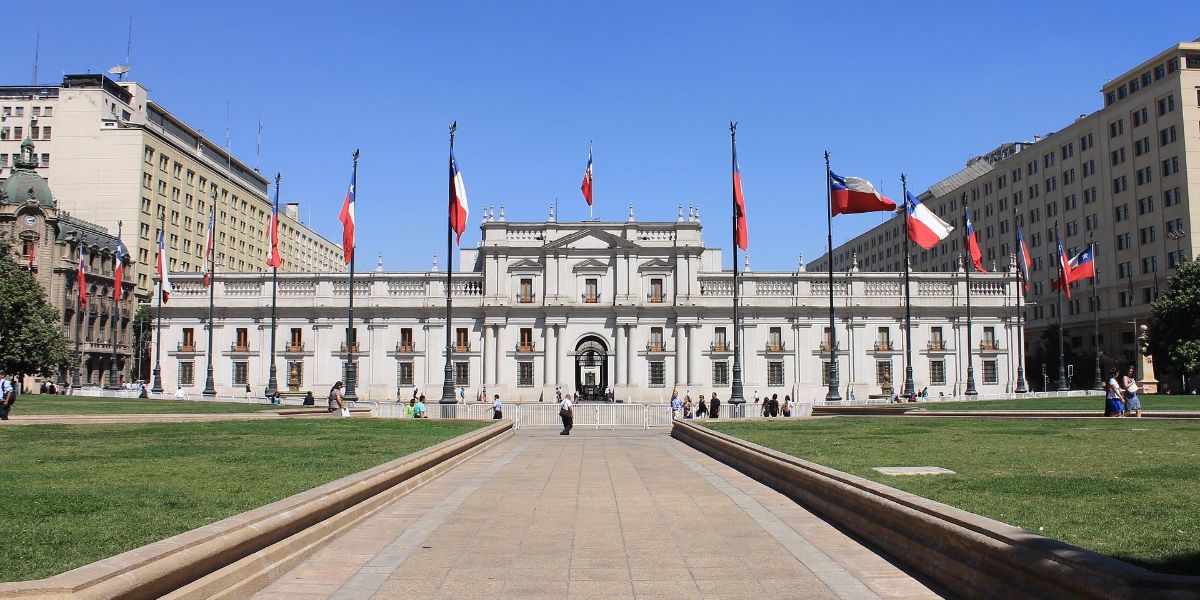A report was issued on 23 November 2020 following a mission conducted by staff from the IMF and the OECD from April to October 2020. The main purpose was to provide technical support in relation to the methodology for reviewing Chile’s tax expenditure methodology and corrective excise taxes.
Analysing tax expenditures
Tax expenditures are measures to modify the tax liability of specific groups of individuals or businesses, with the aim of achieving economic, social or equity policy goals or simplifying the tax system. These tax expenditures could have a significant cost and they therefore need to be reviewed on a regular basis. Reports on tax expenditures contribute to transparency and support informed decision making.
An analysis of tax expenditures must determine the reference point or benchmark tax system against which to assess the extent of any tax relief. When the benchmark is defined, tax expenditures are identified as tax provisions that deviate from that benchmark. These benchmarks differ between countries and the tax expenditure and benchmark should normally be established by considering the purpose for which they are established. A country’s tax expenditure report should be as transparent and as possible to achieve its goals.
Recommendations
The report by the IMF and OECD notes that Chile already follows good practice on tax expenditure reporting, integrating an annual report into the budgetary process and listing the most significant tax expenditures by size.
The report suggests that Chile should define more clearly a benchmark tax system that can be used to assess the cost of tax expenditures. The report proposes a benchmark combining a conceptual approach with a more pragmatic approach based on current tax law. The small business transparent regime and the partial dividend imputation regime would be part of the benchmark, but not the preferential regime for small firms.
The quality of data used in estimating tax expenditures should be improved. Collection of more data would improve assessment of tax expenditure in relation to Free Trade Zones, capital gains on listed shares, business income under the presumptive regimes and other tax expenditures.
Chile should compile a complete list of tax expenditures and strengthen the calculation methodology for some items. The scope of tax expenditure assessments could be widened beyond the corporate income tax, personal income tax and value-added tax (VAT). A Working Group should be formed including members of the tax administration (SII) and Ministry of Finance to continue developing and improving the calculation methodology in the future.
Excise tax
In relation to excise tax the main recommendations of the report are that when the economic conditions stabilise the fuel excises could be strengthened by increasing tax rates, rationalizing tax credits for trucking companies and broadening the VAT base to include the excise tax. The green tax on CO2 emissions could be increased and improvements could be made to the structure of alcohol excises.













